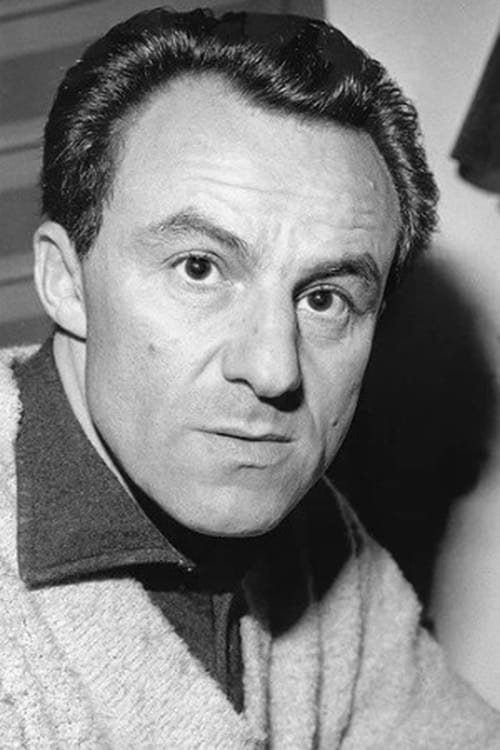Andrzej Munk
Рождение : 1921-10-16, Kraków, małopolskie, Polska
Смерть : 1961-09-20
История
From Wikipedia
Andrzej Munk (16 October 1921 – 20 September 1961) was a Polish film director, screen writer and documentalist. He was one of the most influential artists of the post-Stalinist period in the People's Republic of Poland. His feature films Man on the Tracks (Człowiek na torze, 1956), Eroica (Heroism, 1958), Bad Luck (Zezowate szczęście, 1960), and Passenger (Pasażerka 1963), are considered classics of the Polish Film School developed in mid-1950s. He died as a result of a car crash in Kompina in a head-on collision with a truck.
He was 40.
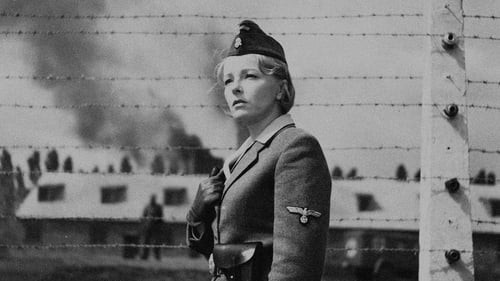
Screenplay
В Европу из-за океана на роскошном лайнере возвращается миловидная элегантная женщина - немка Лиза, в сопровождении своего респектабельного мужа. Оба они наслаждаются путешествием в ожидании новых прекрасных впечатлений. Внезапно взгляд Лизы обращается к трапу, по которому поднимается высокая стройная женщина. В глазах Лизы появляется сначала смятение, затем испуг... Лиза пытается объяснить мужу свое смятение, начинает осторожно рассказывать мужу о своем прошлом. И вот безоблачное ранее путешествие превращается для Лизы в восхождение на Голгофу, она уже не может вырваться из клещей воспоминаний. Перед женщиной встает картина военного времени, тех лет, когда она служила надзирателем в Освенциме и была фанатично предана фюреру. Именно там, в лагере, Лиза встретилась с польской девушкой Мартой... Но может ли Лиза рассказать обо всем, ведь это будет признанием, которое ее уничтожит...

Director
В Европу из-за океана на роскошном лайнере возвращается миловидная элегантная женщина - немка Лиза, в сопровождении своего респектабельного мужа. Оба они наслаждаются путешествием в ожидании новых прекрасных впечатлений. Внезапно взгляд Лизы обращается к трапу, по которому поднимается высокая стройная женщина. В глазах Лизы появляется сначала смятение, затем испуг... Лиза пытается объяснить мужу свое смятение, начинает осторожно рассказывать мужу о своем прошлом. И вот безоблачное ранее путешествие превращается для Лизы в восхождение на Голгофу, она уже не может вырваться из клещей воспоминаний. Перед женщиной встает картина военного времени, тех лет, когда она служила надзирателем в Освенциме и была фанатично предана фюреру. Именно там, в лагере, Лиза встретилась с польской девушкой Мартой... Но может ли Лиза рассказать обо всем, ведь это будет признанием, которое ее уничтожит...

Director
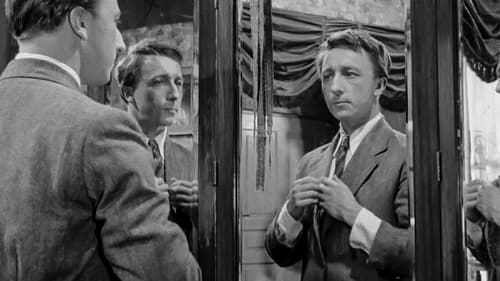
Director
Сатирическая комедия с элементами драматического и философского повествования о неудачливом приспособленце (судьба которого прослеживается на протяжении 20 лет), который стремится любой ценой понравиться и угодить сменяющим друг друга властям. По разным причинам ему это не удается...

Director

Writer
Little heroine, a music school student, wanders through the backstreets of Warsaw's Old Town and discovers a world to which others have no access. It is a world of extraordinariness and beauty of sounds. And these are sounds that are the most important thing for the girl – the hubbub of children, the sounds of the street, the puffing of a tractor, the tuning of an organ, the sweeping of a broom and the sound of jets flying overhead.

Director
Little heroine, a music school student, wanders through the backstreets of Warsaw's Old Town and discovers a world to which others have no access. It is a world of extraordinariness and beauty of sounds. And these are sounds that are the most important thing for the girl – the hubbub of children, the sounds of the street, the puffing of a tractor, the tuning of an organ, the sweeping of a broom and the sound of jets flying overhead.

Director
Originally, Munk intended Eroica to be a triptych with Con bravura being the first part, but he ultimately gave up on this film, deeming it weaker artistically than the two counterparts. Con bravura is about conspiracy conflating the paths of a rather unconventional nun and an intrigued young man – each of them bears secrets and the encounter could incite a flaming romance, though one suffocated by war.Munk set the film in the mountain capital of Zakopane and its vicinity, allowing breathtaking views from a cable car and using his experiences of the Nazi occupation in the area to add gritty reality. The director plays a cameo as a priest with several of his industry friends also making appearances.
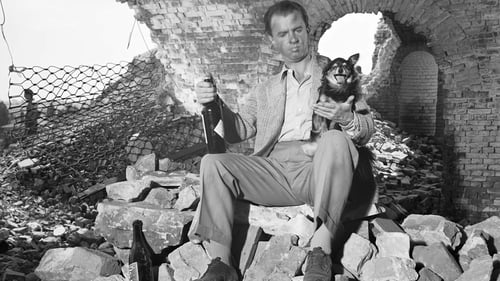
Director
Картина состоит из двух новелл, персонажи которых становятся героями «волею случая», а подвиги их не имеют практических последствий. Тем не менее, без героических примеров в военное время обойтись невозможно – и люди ищут их, а то и придумывают намеренно. Так создаются легенды.
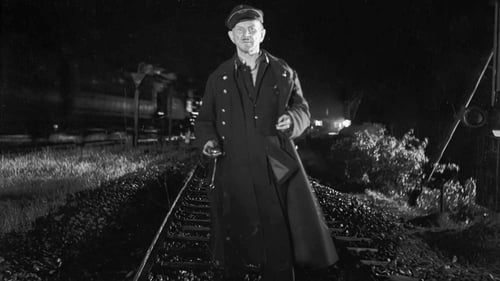
Writer
Старый, опытный машинист Ожеховский, уволенный с паровоза за «враждебное отношение к новому порядку», ценой собственной жизни предотвратил крушение. О том, как следственные органы обнаружили виновников крушения и рассказывает этот фильм.

Director
Старый, опытный машинист Ожеховский, уволенный с паровоза за «враждебное отношение к новому порядку», ценой собственной жизни предотвратил крушение. О том, как следственные органы обнаружили виновников крушения и рассказывает этот фильм.
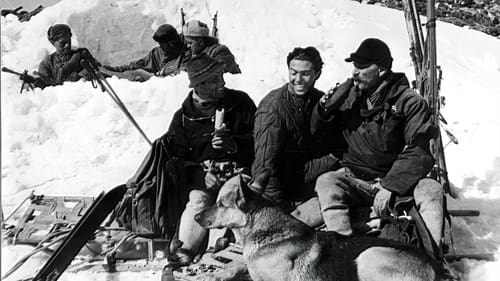
Writer
Среднеметражный игровой фильм, реконструирующий событие последних дней Второй мировой войны, когда горные спасатели не дали погибнуть советским и словацким партизанам, находившимся на немецкой стороне Татр. Невероятно удачным оказалось решение режиссера задействовать в главных ролях реальных участников этой истории.

Director
Среднеметражный игровой фильм, реконструирующий событие последних дней Второй мировой войны, когда горные спасатели не дали погибнуть советским и словацким партизанам, находившимся на немецкой стороне Татр. Невероятно удачным оказалось решение режиссера задействовать в главных ролях реальных участников этой истории.

Director
Short propaganda film. Warsaw's post-war reconstruction as seen through the eyes of the passengers of a red bus.

Director
A fictionalized documentary in two parts. A mining company's management attempts to fulfill a production quota by mining from an old, unused shaft.

Director
A documentary about the hard work of railwaymen transporting coke from Tarnowskie Góry to Szczecin Iron works. They’re doing their best to arrive on time.

Writer
A film meant to show what people were told to believe about the wonderful lives that Polish peasants led in post-war Poland.

Director
A recording of the performance of the symphonic poem entitled Fairy Tale by Stanislaw Moniuszko at the ‘Ursus’ Factory in Warsaw. It took place in 1952 and was performed by the Warsaw Philharmonic Orchestra under the baton of Witold Rowecki.

Director
A film meant to show what people were told to believe about the wonderful lives that Polish peasants led in post-war Poland.

Cinematography
Modern work tools are created thanks to the development of science, as a result of the transfer of knowledge between generations. A review of the tradition of Polish science from the times of Nicolaus Copernicus to the establishment of the Polish Academy of Sciences. [35mm online]

Director
Modern work tools are created thanks to the development of science, as a result of the transfer of knowledge between generations. A review of the tradition of Polish science from the times of Nicolaus Copernicus to the establishment of the Polish Academy of Sciences. [35mm online]

Director
This documentary describes the process of building and the first days of the combine and the city of Nowa Huta. Andrzej Munk realizes the postulates of socialist realism decreed in Polish cinematography in 1949.

Director
In October 1949, when socialist realism was imposed on Polish artists, a presentation of the achievements of art schools took place in Poznań. The report of the event called ‘shows’ was made by students of the Film School in Łódź.

Self (archive footage)
Andrzej Munk was one of the leading directors in Polish cinema. Friends and collaborators share their memories about this stunning artist and his premature tragic death.
